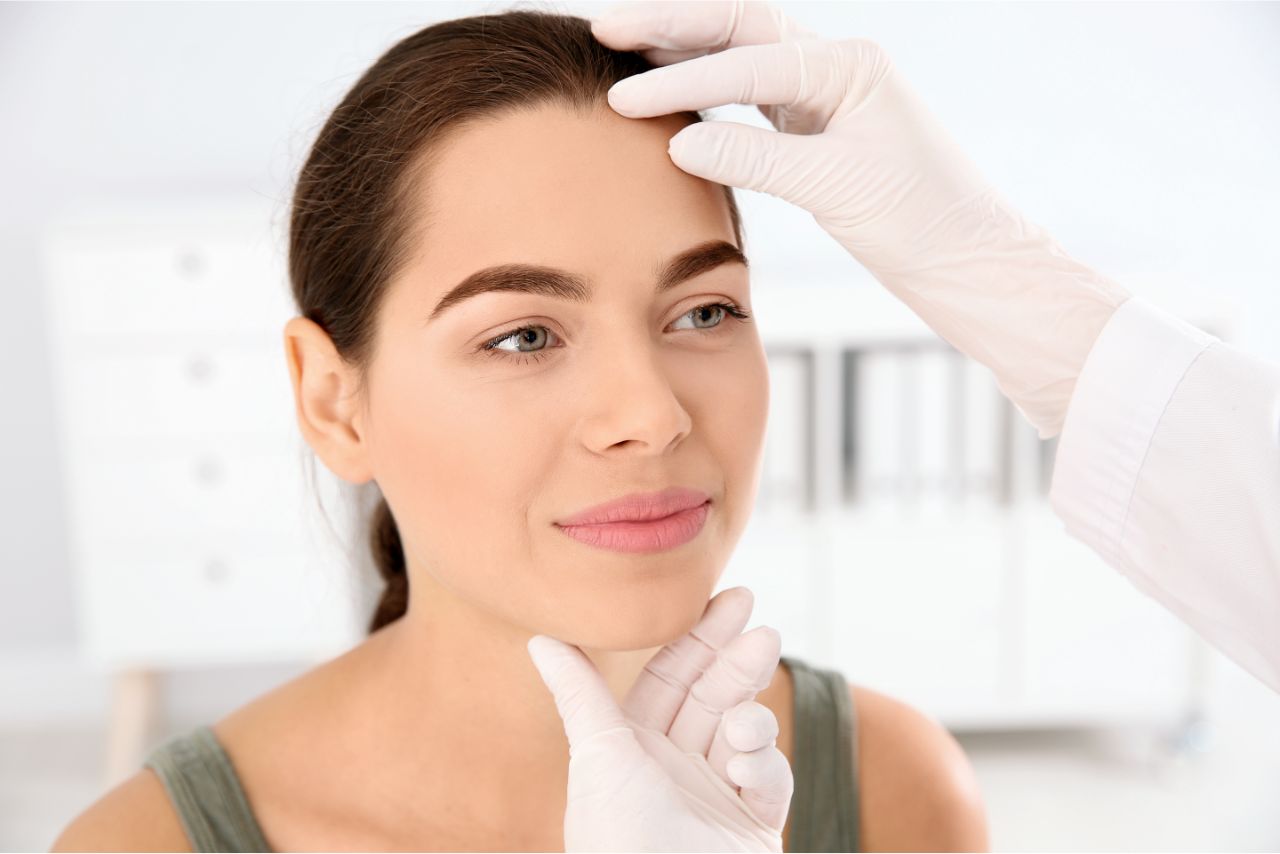If you're concerned about your cancer risk, it's important to consider how alcohol consumption may be impacting your health. In this article, we'll explore the types of cancer associated with alcohol, how alcohol increases cancer risk, and recommended consumption limits.
Specifically, we'll delve into the link between alcohol and breast cancer and provide strategies for reducing alcohol-related cancer risk.
Stay informed and take proactive steps towards a healthier lifestyle.
Types of Cancer Associated With Alcohol
When it comes to reducing your cancer risk, it's important to be aware of the types of cancer that are associated with alcohol consumption. Two of the most notable types of cancer linked to alcohol are liver cancer and esophageal cancer.
Liver cancer, also known as hepatocellular carcinoma (HCC), is strongly associated with alcohol consumption. The liver is responsible for metabolizing alcohol, and excessive intake can lead to inflammation and damage to liver cells. This, in turn, can increase the risk of developing liver cancer. Studies have consistently shown a dose-response relationship between alcohol consumption and the risk of liver cancer, with heavy drinkers having a significantly higher risk compared to non-drinkers or moderate drinkers.
Similarly, esophageal cancer has a clear association with alcohol consumption. The esophagus is the tube that carries food from the mouth to the stomach, and chronic alcohol consumption can cause irritation and inflammation of the esophageal lining. Over time, this can lead to the development of cancerous cells. Several studies have demonstrated that heavy alcohol consumption is a major risk factor for esophageal cancer, particularly squamous cell carcinoma.
How Alcohol Increases Cancer Risk
To understand how alcohol increases your cancer risk, it's important to recognize the mechanisms by which excessive alcohol consumption affects your body. Alcohol is metabolized in the liver, and this process produces harmful byproducts that can damage the liver cells. Chronic alcohol consumption can lead to liver inflammation and scarring, increasing the risk of developing liver cancer. Additionally, alcohol can directly damage the cells lining the mouth and throat, leading to oral cancer.
Here are three ways in which alcohol consumption can increase your cancer risk:
- Alcohol impairs the ability of cells to repair DNA damage caused by carcinogens, increasing the likelihood of mutations and the development of cancer.
- Alcohol can increase the production of harmful reactive oxygen species, which can damage DNA and other cellular components, promoting the growth of cancer cells.
- Alcohol can interfere with the absorption of essential nutrients, such as folate, which are important for DNA synthesis and repair, further increasing the risk of cancer.
These mechanisms highlight the importance of moderation in alcohol consumption to reduce the risk of developing liver and oral cancer.
Recommended Alcohol Consumption Limits
To reduce your risk of developing cancer, it's important to be mindful of the recommended limits for alcohol consumption. Excessive alcohol consumption has been linked to various types of cancer, including liver cancer. The effects of excessive alcohol consumption on the liver are well-documented and can significantly increase the risk of liver cancer.
The current guidelines for alcohol consumption recommend that men shouldn't exceed more than 2 standard drinks per day, while women should limit their intake to no more than 1 standard drink per day. It's important to note that these limits aren't meant to encourage alcohol consumption, but rather to provide a safer threshold for those who choose to drink.
Exceeding these recommended limits can have detrimental effects on your health, including an increased risk of liver cancer. The liver is responsible for processing alcohol in the body, and excessive alcohol consumption can lead to liver damage and inflammation. Over time, this can progress to conditions such as cirrhosis and eventually increase the risk of liver cancer.
The Link Between Alcohol and Breast Cancer
If you consume alcohol, it's important for you to be aware of the link between alcohol and breast cancer. Research has shown that there's a clear association between alcohol consumption and an increased risk of developing breast cancer.
Here are some key points to consider:
- Alcohol and hormone levels: Alcohol can affect hormone levels in the body, particularly increasing the levels of estrogen. Higher levels of estrogen have been linked to an increased risk of breast cancer. This hormonal effect is seen even with moderate alcohol consumption.
- Alcohol and cancer prevention campaigns: Cancer prevention campaigns often emphasize the importance of reducing alcohol consumption to lower the risk of breast cancer. These campaigns highlight the need to be mindful of alcohol intake and suggest limiting or avoiding alcohol altogether.
- Alcohol and breast cancer development: Studies have consistently shown that alcohol consumption, even at low to moderate levels, can contribute to an increased risk of breast cancer. The risk appears to be dose-dependent, meaning that the more alcohol consumed, the higher the risk.
Understanding the link between alcohol and breast cancer is crucial for making informed choices about alcohol consumption. By reducing or eliminating alcohol intake, you can take proactive steps to lower your risk of developing breast cancer.
Strategies for Reducing Alcohol-Related Cancer Risk
One effective strategy for reducing your risk of alcohol-related cancer is by implementing lifestyle changes. Adopting strategies for moderation and making conscious decisions about your alcohol consumption can significantly lower your chances of developing alcohol-related cancers. The impact of alcohol on liver health is particularly significant, as excessive alcohol consumption can lead to liver damage and an increased risk of liver cancer.
To reduce your alcohol-related cancer risk, it's recommended to limit your alcohol intake. The American Cancer Society suggests that women should have no more than one drink per day, while men should have no more than two drinks per day. It's important to note that these guidelines refer to standard alcoholic drinks, which typically contain 14 grams of pure alcohol.
Additionally, it's crucial to take regular breaks from alcohol consumption. This can help prevent the accumulation of alcohol-related toxins in your body and give your liver time to regenerate and heal. Engaging in regular physical activity and maintaining a healthy diet can also support liver health and reduce your risk of alcohol-related cancer.
- Overcoming Emotional Intimacy Challenges With Alcohol Misuse - November 18, 2023
- Overcoming Alcohol's Impact on Emotional Intimacy: 13 Essential Tips - November 18, 2023
- 6 Ways to Overcome Emotional Intimacy Challenges With Alcohol - November 18, 2023








